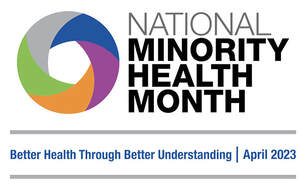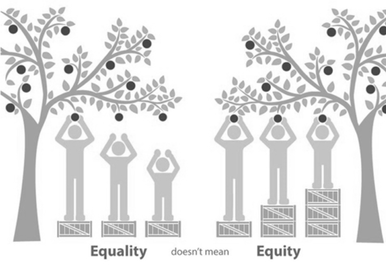|
If you are a professional or a writer who is passionate about health, racial, and social equity, consider contributing to our blog! Visit our Volunteer page to learn more. |
|
by Paige Hammond on behalf of Health Equity Initiative’s Board of Directors  Join us in observing National Minority Health Month by connecting with relevant HEI resources and exploring dedicated resources to mark this month! At Health Equity Initiative, we are advocates for improved health outcomes for each and every group of people. This work includes uplifting groups who have been historically marginalized and underserved. This year, the theme for National Minority Health Month is Better Health Through Better Understanding. This theme highlights the importance of promoting health equity through improved health literacy and language access and reduced health disparities, specifically in historically marginalized communities.
1 Comment
By Bree Bode, Gladys Pico-Gleason, Kameron Kempker, and Paige Hammond  In the United States, a variety of inequities present people of minoritized groups with roadblocks to healthcare and equitable health outcomes. When people, especially members of the Black community, experience multiple roadblocks they may feel discouraged to practice health seeking behaviors due to stress and medical mistrust (1). In fact, BIPOC communities have a greater number of people who have been historically marginalized and underserved, or are under- insured, than white communities (2,3). Compared to non-Hispanic whites, people of color continue to have poorer health outcomes (3). Black people living with heart disease, and American Indian and Alaskan Natives living with diabetes, experience higher mortality rates than non-Hispanic whites (3). As another example, quality of care is lower and pain management is less adequate among under-resourced minoritized groups (2). |
Archives
June 2023
CategoriesEditors:
Renata Schiavo, PhD, MA, CCL Alka Mansukhani, PhD, MS Radhika Ramesh, MA Guest posts are by invitation only. |



 RSS Feed
RSS Feed
